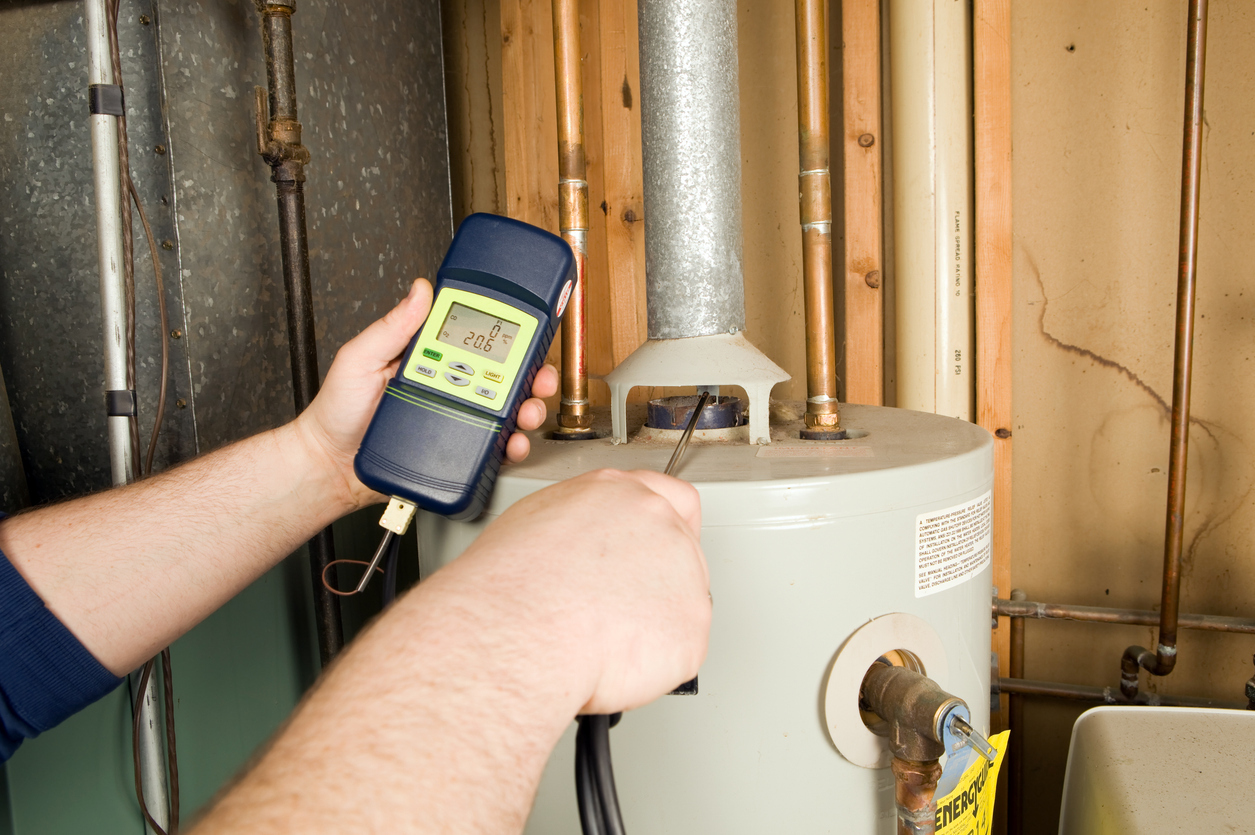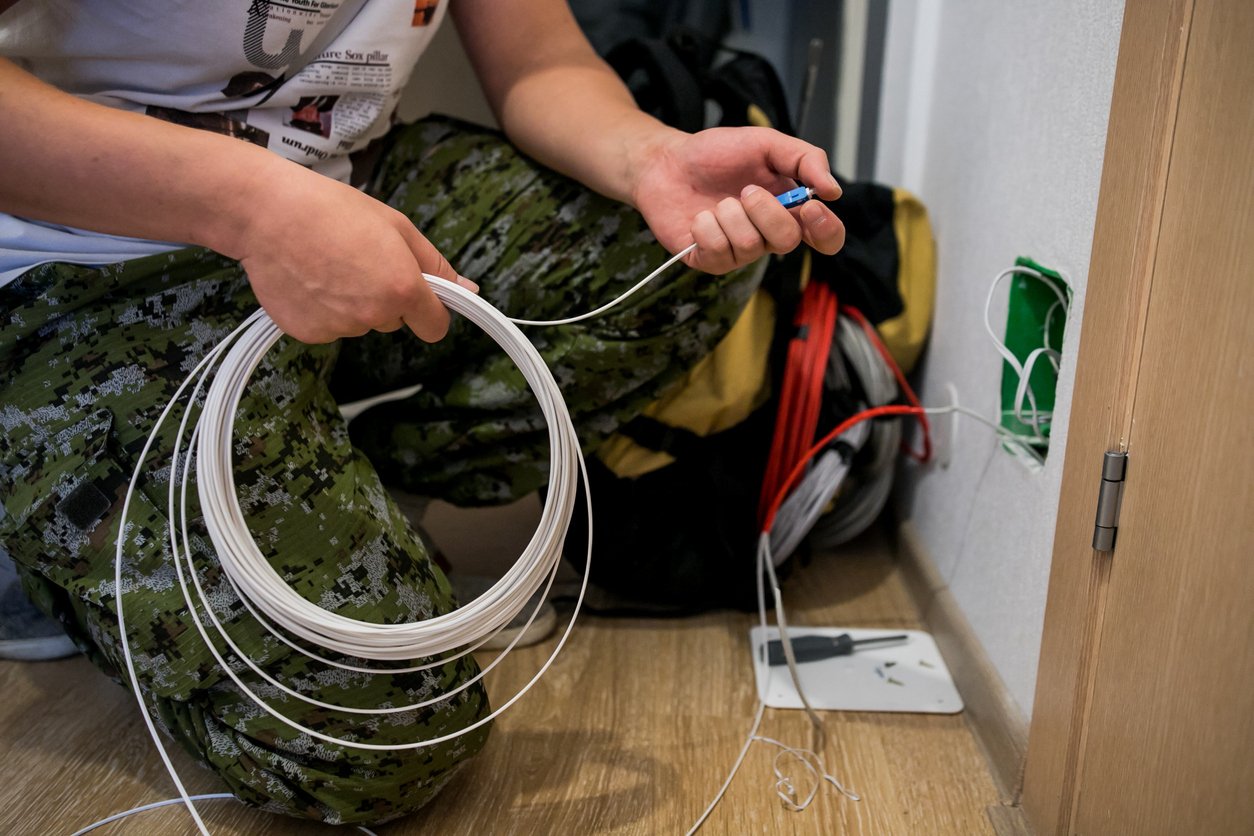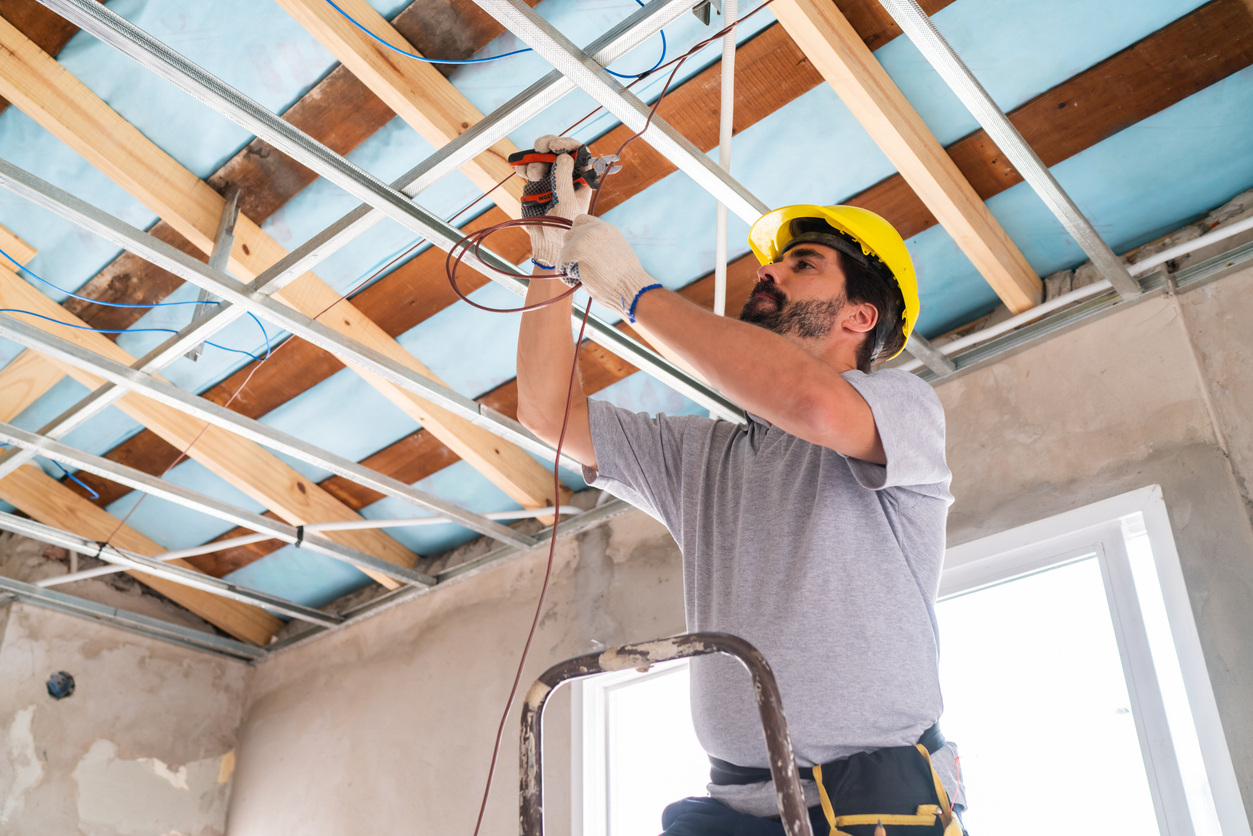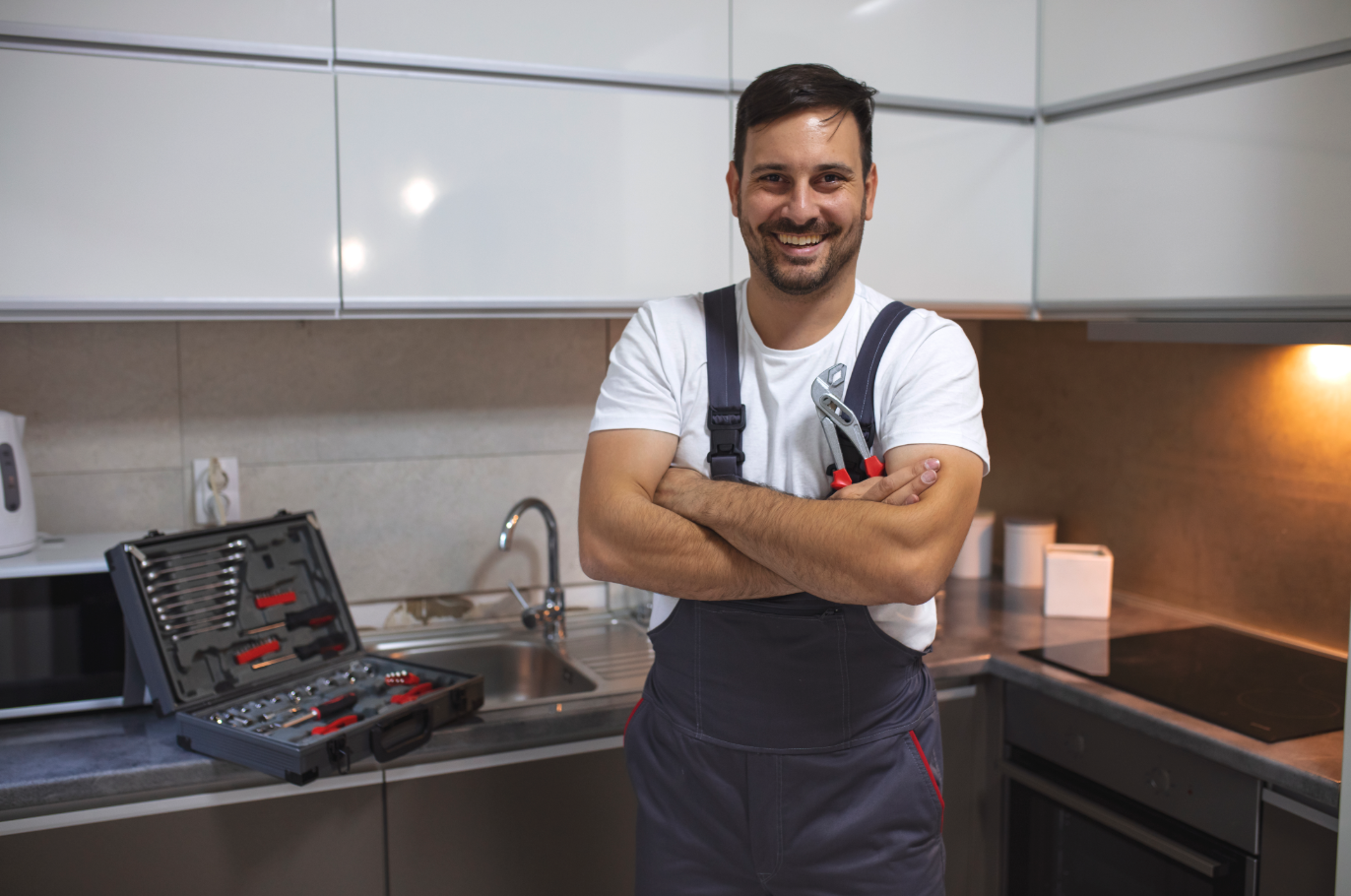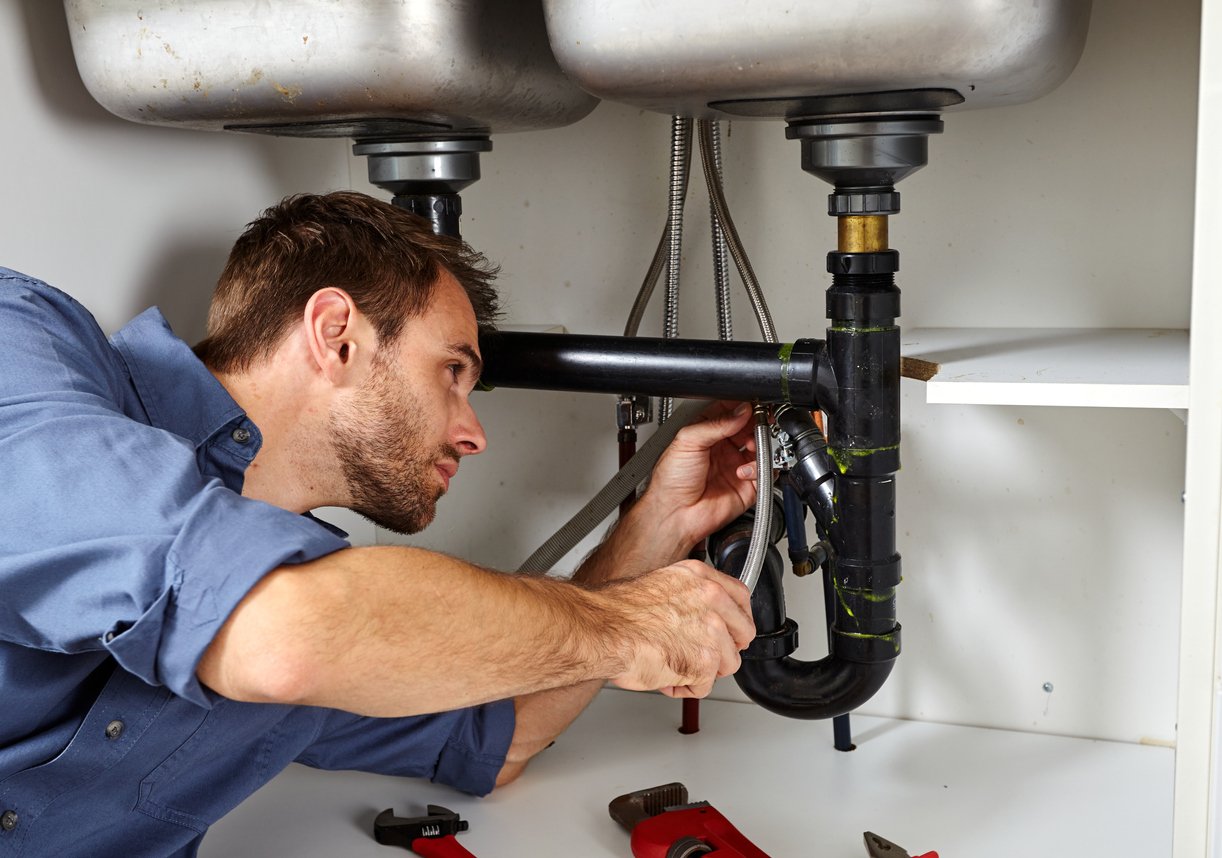Working as a gas technician means stepping into a high-stakes environment every day. Whether you’re installing gas appliances or troubleshooting leaks, safety always has to be your top priority. That’s why gas technician training programs put such a strong emphasis on safety right from day one.
In this post, we’ll walk you through the top safety practices gas technicians learn during training, the regulations they’re tested on, and how safety continues to evolve once you’re on the job.

